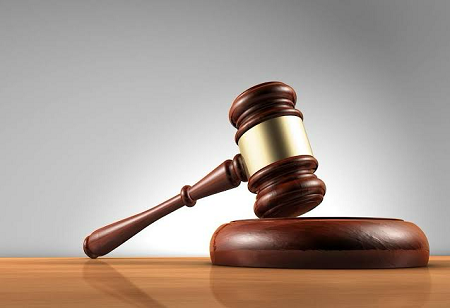Bombay HC Denies Sony Relief, Allows Limited Clarification on Tata Play Row
- Bombay HC allows Sony to issue limited public clarification amid ongoing TDSAT dispute with Tata Play
- Sony's plea for interim relief denied as court nudges TDSAT to fast-track hearing on broadcaster's petitions
- Sony cites free speech and TRAI violations in ongoing legal battle over Tata Play's removal of 25 channels
The Bombay High Court on Tuesday denied Sony Pictures Networks India (SPNI), also known as Culver Max Entertainment, interim relief in its petition challenging a Telecom Disputes Settlement and Appellate Tribunal (TDSAT) directive that prohibits the broadcaster from making public statements about the removal of its channels from Tata Play's base packs.
According to news reports, Culver Max withdrawn its writ case from the High Court, citing pending procedures at TDSAT in New Delhi. The broadcaster had asked the court on June 6 to query the constitutionality of the tribunal's May 30 order, which it claimed breached its fundamental rights, including freedom of speech and trade.
According to the High Court's order, Sony had requested two key directions: one, urging TDSAT to expedite hearings in its broadcasting and miscellaneous applications, specifically Broadcasting Petition Nos. 244/2025 and 467/2025, and the second, permission to issue a public clarification regarding channel availability on the Tata Play platform.
A division bench comprising Justices RP Mohite-Dere and Neela Kedar Gokhale noted that Tata Play's lawyer did not object to Sony's request for a limited public statement. As a result, the court permitted Sony to post the following clarification on social media channels, as reported in the news: "The issue between Tata Play and Sony is currently ongoing before the Hon'ble TDSAT. Sony channels, on the other hand, are available on Tata Play both individually and as part of Sony bouquets.” The court continued: "We request the Hon'ble TDSAT to consider taking up the broadcasting petitions and miscellaneous applications for hearing prior to the scheduled date, preferably in the first week of July 2025."
Culver Max's original plea claimed that the TDSAT order was "ultra vires" and lacked legal footing, particularly because it allegedly hampered the broadcaster's ability to respond to customer inquiries and claims emerging on social media. The business argued that the tribunal lacked jurisdiction over online content covered by the Information Technology Act and that the order was discriminatory and arbitrary.
According to the TRAI Act, TDSAT is a statutory entity. According to the petition, "it has no jurisdiction over social media posts governed by the IT Act."
Since Tata Play eliminated 25 Culver Max channels from 106 of its carefully crafted DTH packs in May, there is been a disagreement between the broadcaster and the DTH provider.
Sony claimed that TRAI's Quality of Service rules were broken since the removal took place without the required 15-day on-screen scroll notice. According to Sony, the scrolls that were broadcast were not visible and played at off-peak hours.
Additionally, Culver Max cited another money disagreement. Due to claimed unpaid debts surpassing Rs 128 crore, the broadcaster served Tata Play with a notice of disconnection on May 21.
On May 27, however, TDSAT stayed the disconnection notice and ordered Tata Play to pay Rs 40 crore. At the same time, the tribunal prohibited Sony from discussing the problem in on-air programming; this prohibition was later expanded to cover online communications.
Additionally, Sony protested what it called TDSAT's overreach, claiming that the tribunal granted Tata Play relief on issues not addressed in its initial plea. Invoking constitutional guarantees under Articles 14, 19(1)(a), and 19(1)(g), the broadcaster attempted to overturn the tribunal's directive and requested that the order's enforcement be halted.
Also Read: Flipkart Kicks Off Upgraded Plus Loyalty Program with a Fun Ad Campaign
The Bombay High Court's most recent ruling highlights the intricate relationship between contractual duties, regulatory requirements, and free expression claims in India's broadcast environment, even while the legal dispute at TDSAT continues.
🍪 Do you like Cookies?
We use cookies to ensure you get the best experience on our website. Read more...






